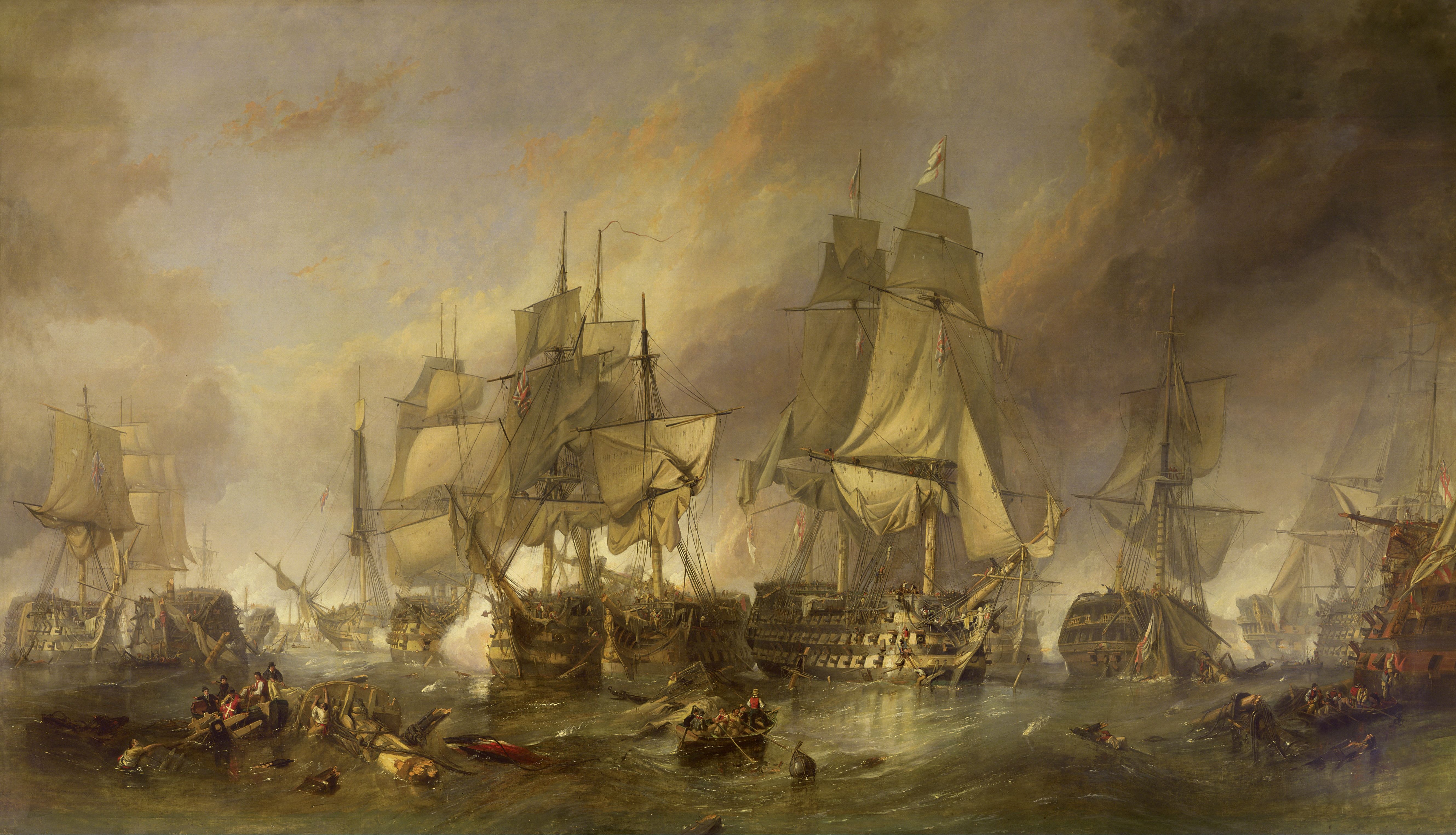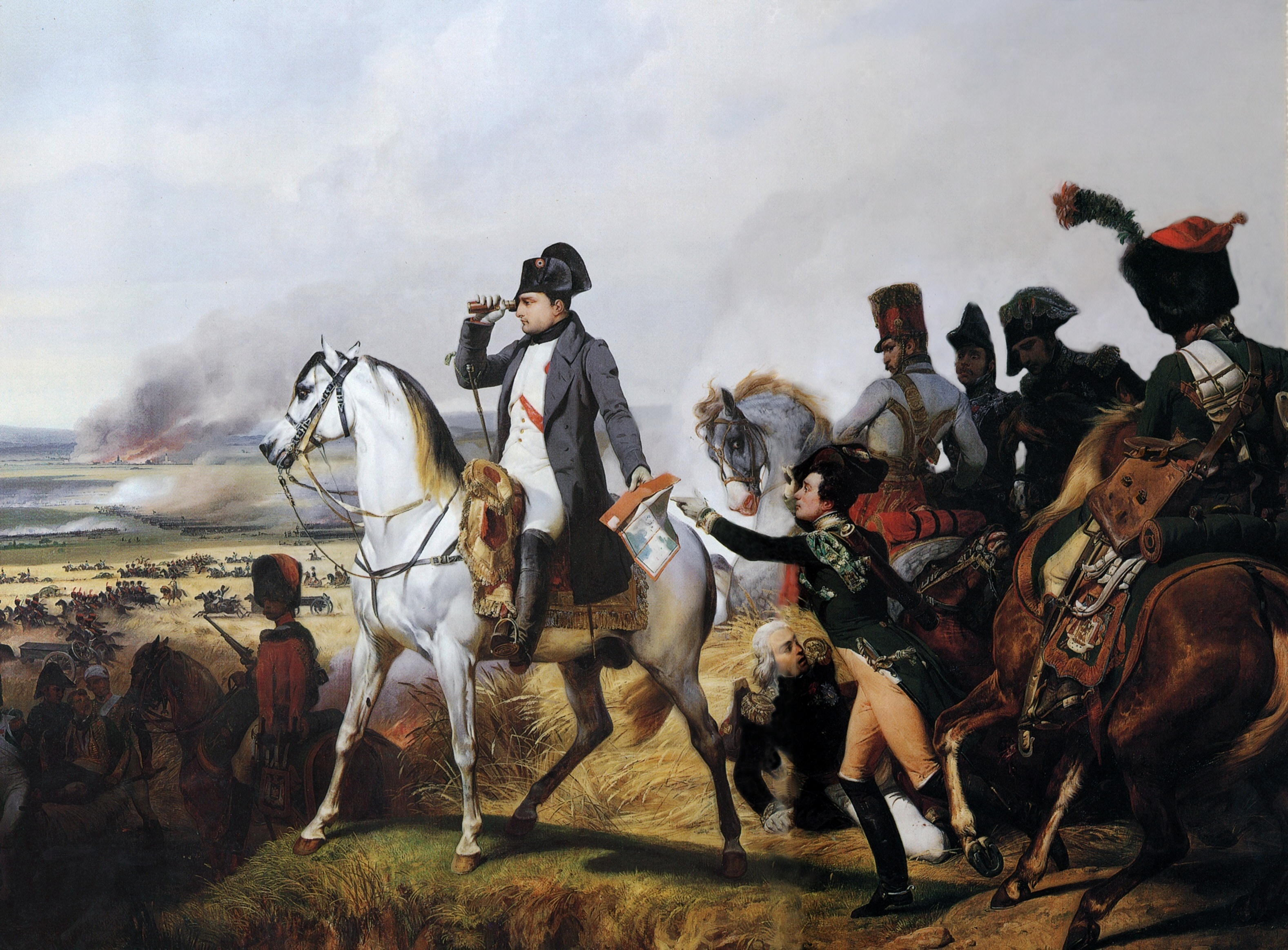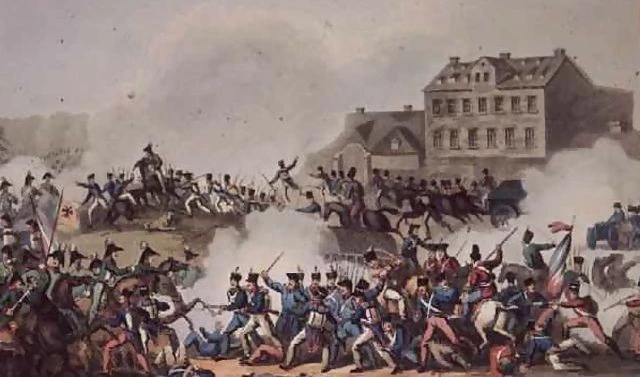POWER POINT PRESNTATION:
Napoleon’s background
- Was born in Corsica in 1769
- Had military education
- Was a Military hero: Drove British forces from port of Toulon, captured northern Italy and forced Austrian Hapsburgs to make peace, led Egyptian expedition in 1798.

Napoleon’s rise to power
- 1799: Took control of the Directory by coup d’état and established a three-man Consulate with himself as First Consul.
- 1802: He proclaimed himself consul for life.
- 1804: Crowned himself emperor.
- Napoleon ruled a democratic despotism: He had absolute power regardless of the fact that he held plebiscites.

Napoleon’s reforms
- Class system
- Emigrants could return if they swore loyalty to the new French government
- Peasants kept lands they had bought.
- New nobility established through a meritocracy (e.g., Legion of Honor).
2. Economy:
- Controlled prices,
- Encouraged industrial growth
- and strengthened the nation’s infrastructure
3. Government
- Strengthened the national government
- Led an efficient bureaucracy
4. Laws – Napoleonic Code recognized:
- Equality before the law.
- Religious tolerance
- End of feudalism
- But women lost many of their rights.

5. Religion
- Concordat of 1801: Church under governmental control and religious freedom.

Napoleon’s empire
- 1804-1802 – Military successes due to leadership skills, large armies, and surprise tactics.
- Annexed parts of Germany and Italy as well as Belgium and the Netherlands.
- Took territories from Prussia to form Grand Duchy of Warsaw (historical Poland)

- Placed puppet rulers in conquered thrones (e.g., Joseph Bonaparte as king of Spain.

- Nationalism grew with Napoleon’s successes in France and in the areas he conquered.
British opposition to Napoleon
- 1805: France tried to invade Great Britain, Admiral Horatio Nelson defeated him at the Battle of Trafalgar.

- Napoleon struck back with the Continental System but Continental system failed because European countries wanted and needed trade.
Napoleon spreads revolution
- Napoleon spread revolution with his Grand Armée
- Supported liberal reforms in conquered lands
- Abolished nobility and feudalism
- Set up meritocracies
- Ended church privileges
- Napoleonic Code spread even to areas beyond the French empire such as the Spanish and Portuguese colonies in Latin America.
Decline of Napoleon’s empire:
- Europeans hated the Continental System
- Revolutionary ideals of self-government spurred nationalism in conquered states
- Peninsular War in Spain and Portugal:
- Helped by the British
- Local rulers formed juntas to maintain power as they did not want to give powers to former kings.
4. War with Austria: 1805 – Battle of Austerlitz – French won

- 1809 –Battle of Wagram – French won

Napoleon’s invasion of Russia
- Tsar Alexander I withdrew from the French alliance because of the unpopularity of the Continental System and Grand Duchy of Warsaw.
- Napoleon assembled the Grand Armée from 20 nations (almost 600,000 soldiers) to invade Russia in 1812.

- Russians abandoned Moscow and used the scorched-earth policy when retreating to starve the Grand Armee
- It worked; Napoleon pulled out in October, 1812
- Of Napoleon’s original nearly 600,000 soldiers, only 20,000 survived the cold, hungry trek across Eastern Europe (the rest died or deserted)
Napoleon’s abdication
- 1813 – Quadruple Alliance of Austria, Great Britain, Prussia, and Russia defeated Napoleon at the Battle of the Nations in Leipzig

- 1814 – Napoleon abdicated and was exiled to Elba in the Mediterranean area.

- Louis XVIII, brother of the guillotined Louis XVI, was made king of France.
- During the peace conference in Vienna, Napoleon escaped from Elba and Louis XVIII fled .
The Hundred Days
- March 20, 1815: Napoleon marched triumphantly into Paris.

- June 18, 1815:Battle of Waterloo (in Belgium), Napoleon was defeated and exiled to St. Helena in the South Atlantic.

- Died in 1821 on St. Helena
Napoleon’s legacy
Napoleon is one of the most controversial historical figure.
Pros
- Established meritocracy
- Held plebiscites
- Spread revolutionary ideals
Cons
- Absolute ruler
- Ruled an empire with puppet kings
- Took away many rights of women
International legacy
- Destruction of the Holy Roman Empire led to the creation of Germany
- 1803 – sold the Louisiana Territory to the United States
- Created nationalistic fervor throughout the world
- Revolutionaries like Simon Bolivar admired Napoleon
napoleon-hero-or-tyrant-student-worksheet
napoleonic-code-worksheet-2013
resource-pack-year-5-the-french-revolution

